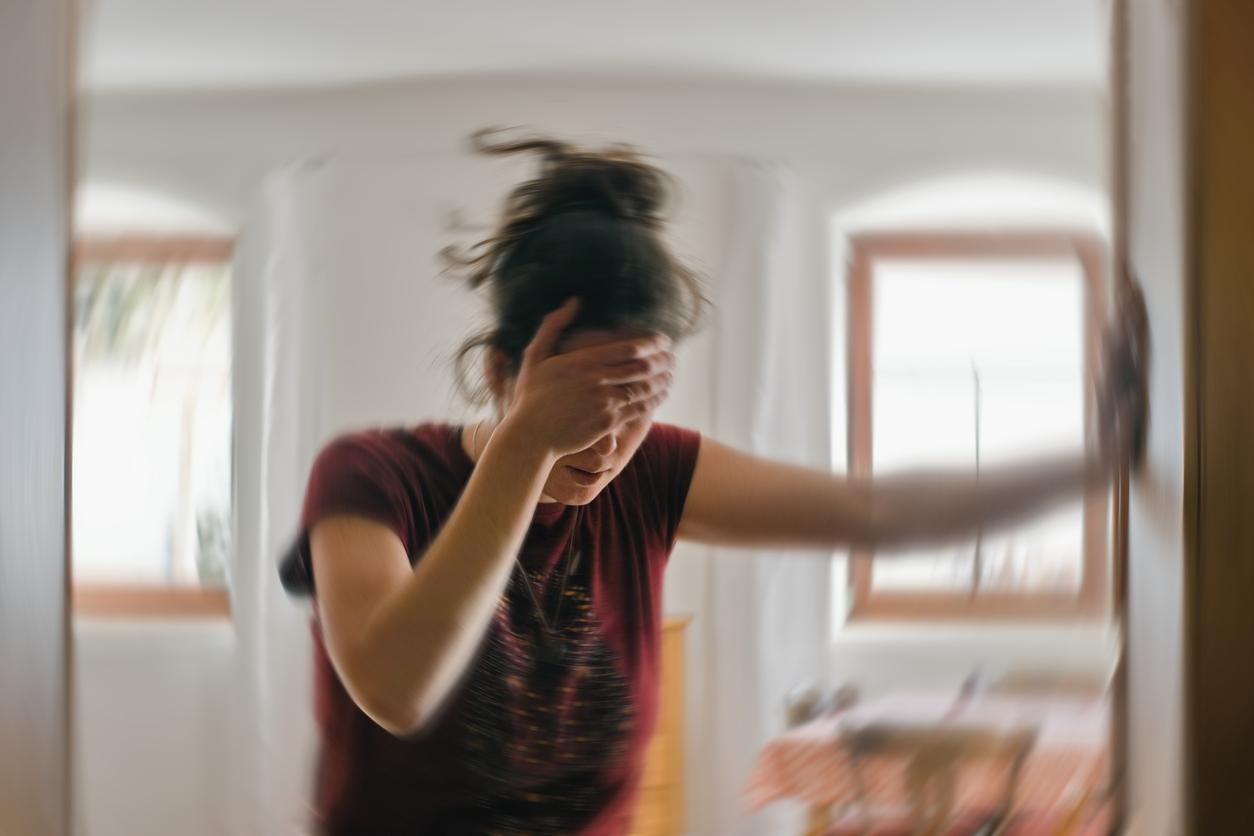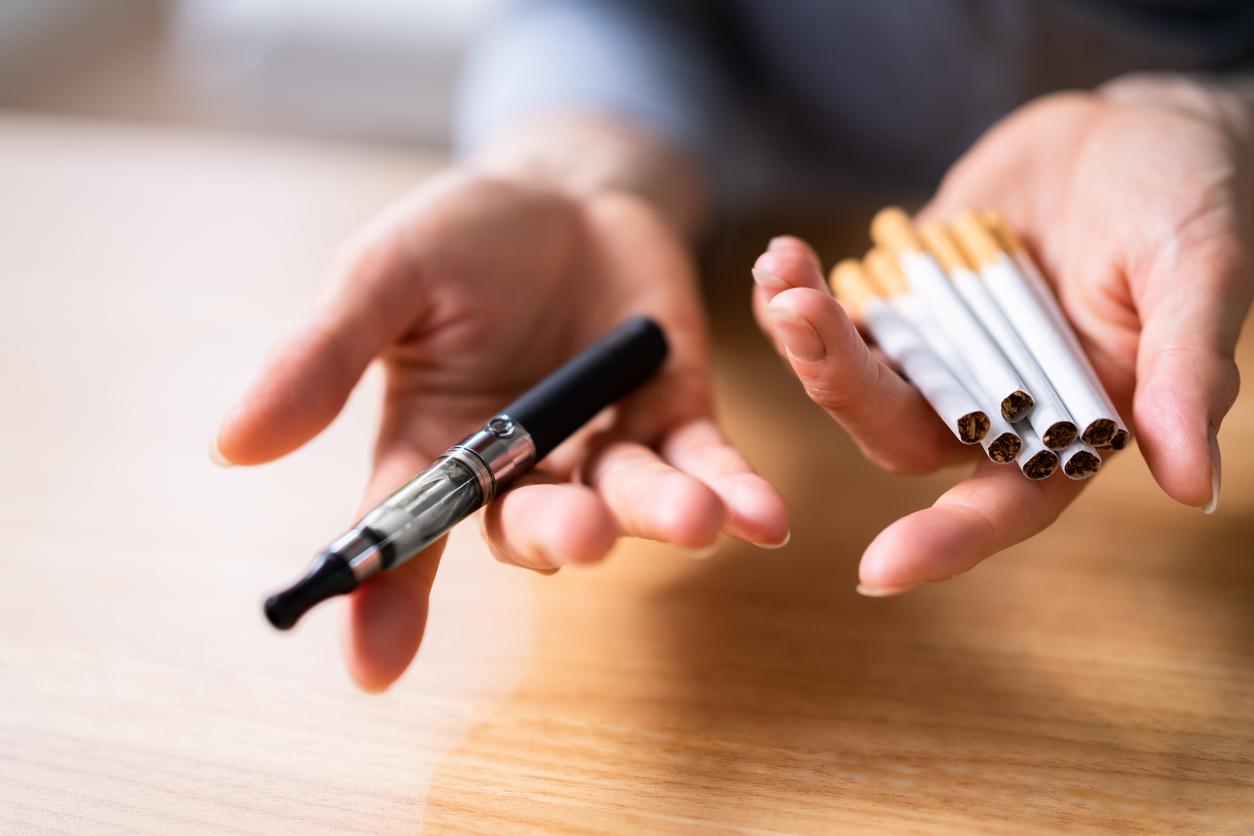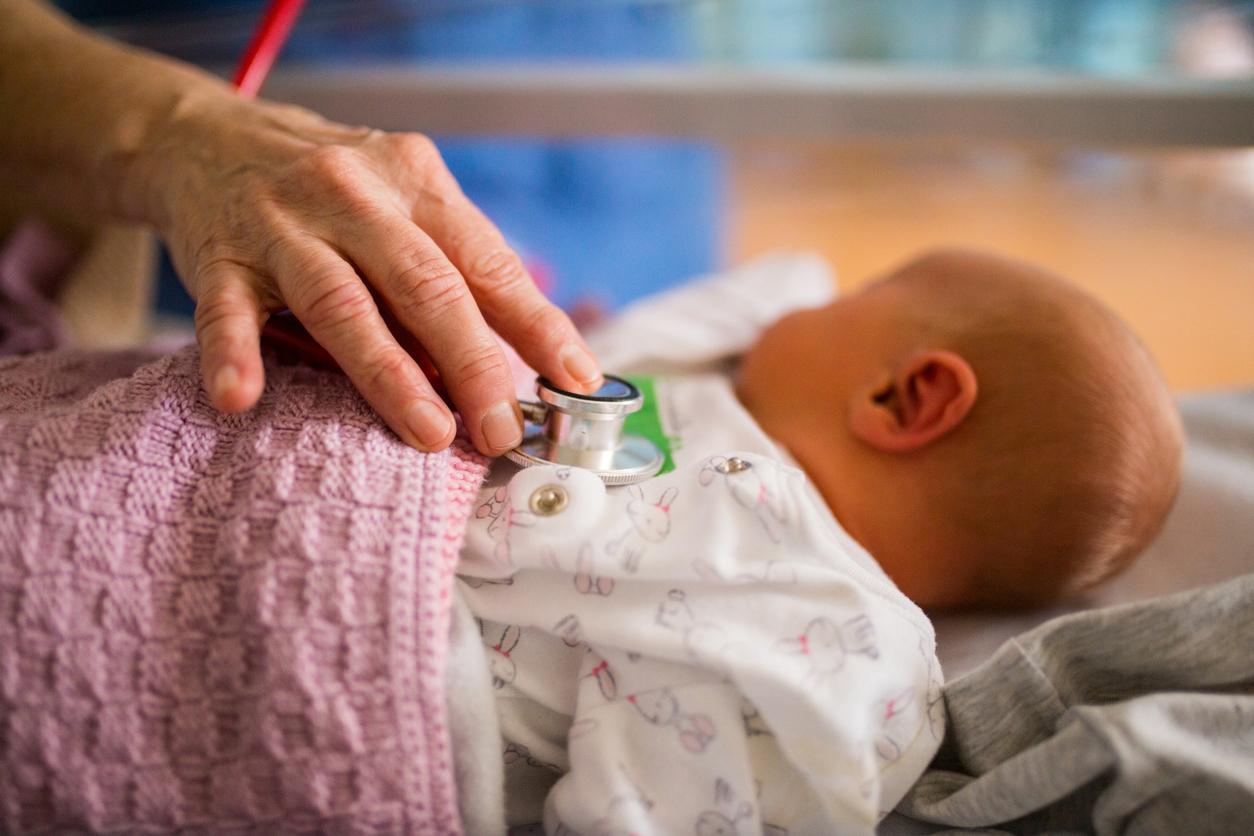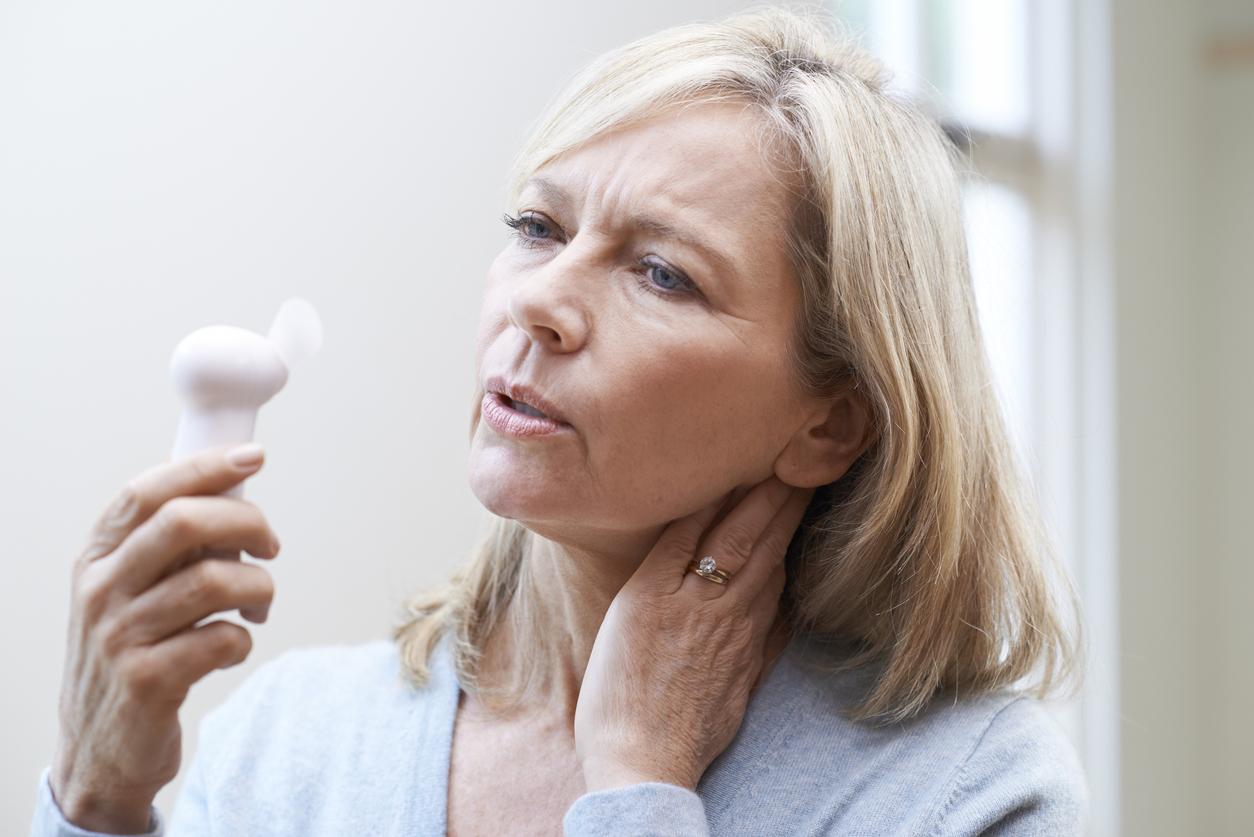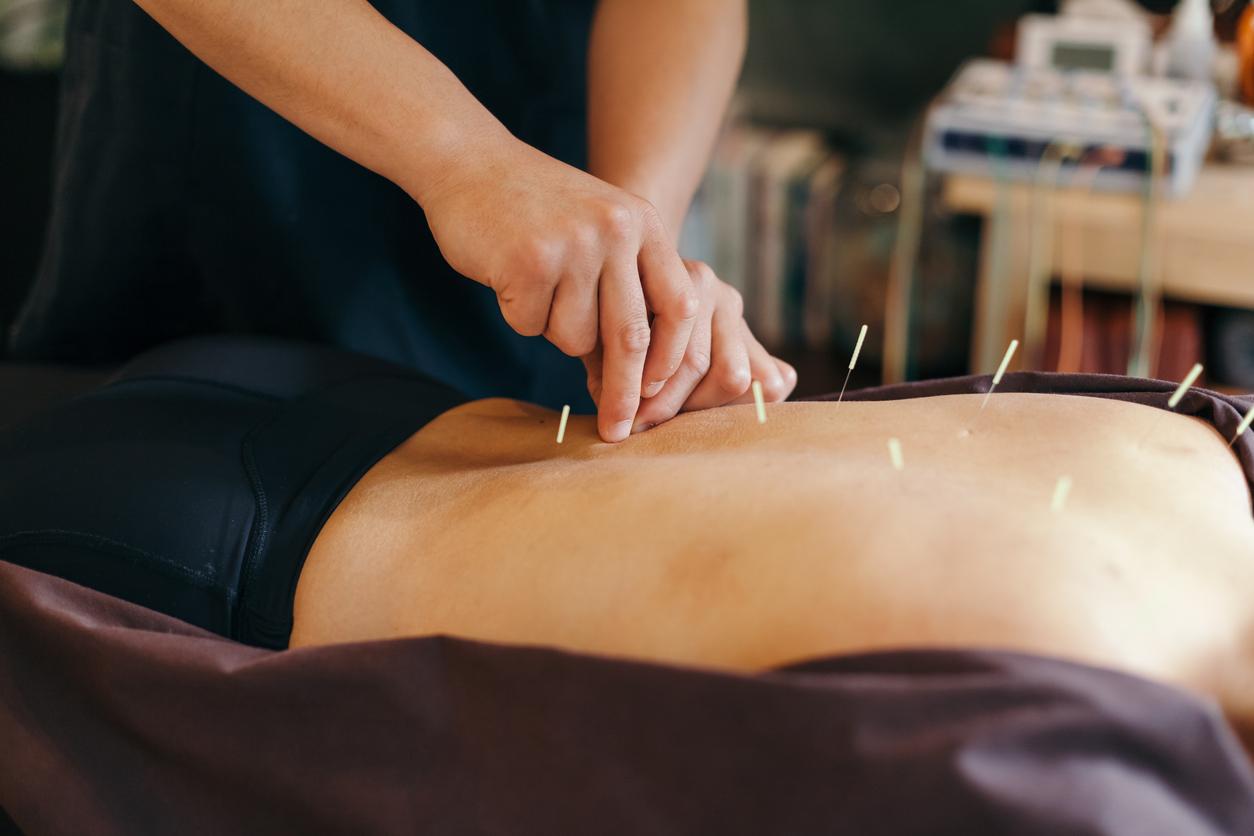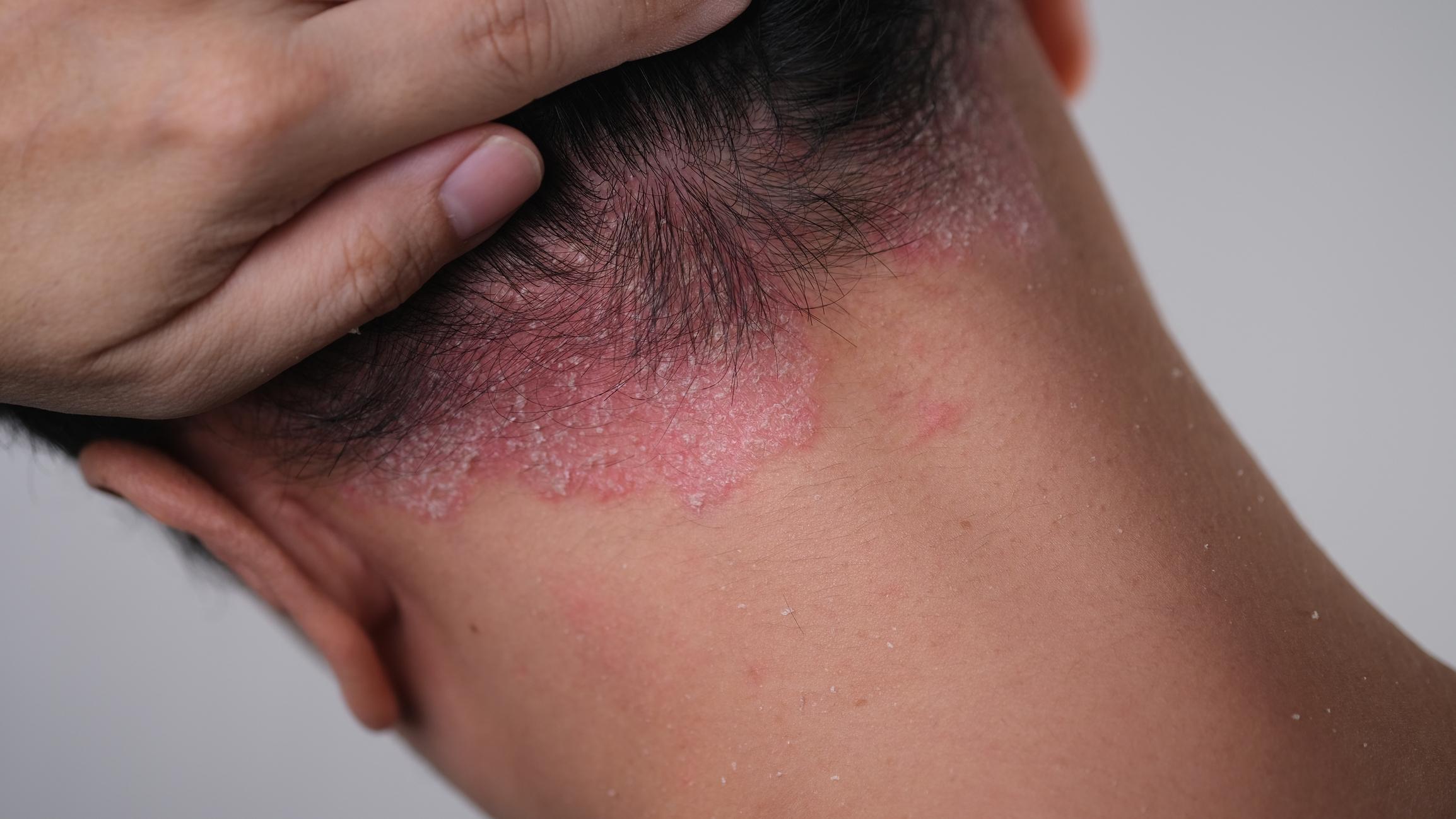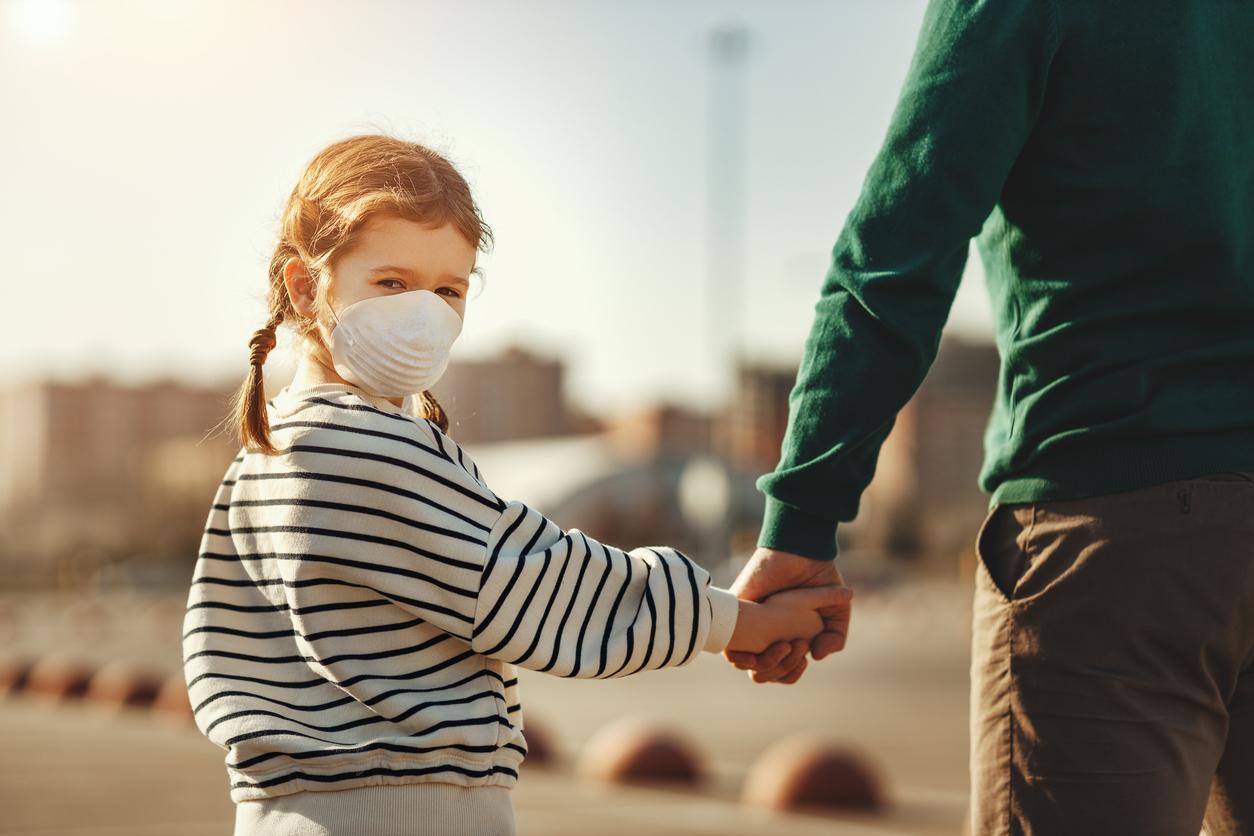Non-smoking patients have a better reduction in psoriasis symptoms, compared to smokers and former smokers.
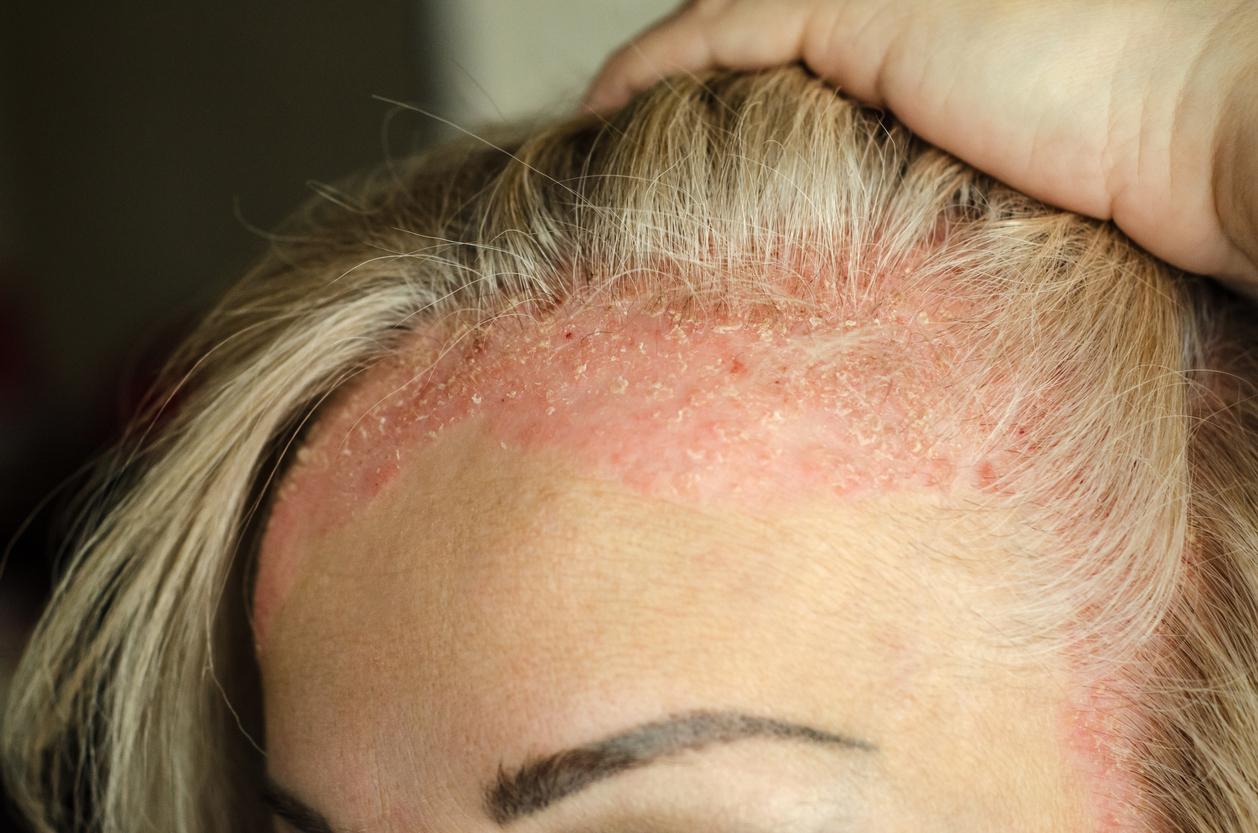
- Smoking is associated with fewer reductions in psoriasis symptoms, a new study suggests.
- Non-smoking patients have a better symptom reduction of at least 75% in PASI (Psoriasis Area and Severity Index) score compared to smokers and former smokers.
- Patients who started smoking at a younger age, who smoked longer and more, had lower PASI75 success rates.
In France, 2% of the population is affected by psoriasis according to the National Institute of Health and Medical Research (Inserm). It is a chronic inflammatory disease which generally develops on the skin, with red patches covered with scales.
Psoriasis: fewer symptoms in non-smokers
Currently, there is no treatment that can cure psoriasis. But patients are offered medications to reduce symptoms and improve their quality of life. But certain factors could play a role.
According to a new study published in Tobacco Induced Diseasestobacco would be associated with a less significant reduction in psoriasis symptoms. To achieve this result, the researchers studied data from 560 patients with psoriasis, 72.9% of whom were men. They found that non-smoking patients had a better symptom reduction of at least 75% in Psoriasis Area and Severity Index (PASI) score compared to smokers and former smokers. Additionally, patients who started smoking at a younger age, who smoked longer and more, had lower success rates PASI75 (a decrease of at least 75% in the PASI score between two successive examinations) lower.
“We recommend the implementation of anti-tobacco measures”
“We recommend the implementation of tobacco control measures, the provision of cessation guides (…), as well as patient support to improve the response to treatment in [ceux] with psoriasis”, write the authors, in a press release.
Among the factors triggering psoriasis flare-ups,Health Insurance indicates that there is stress, friction, trauma, taking certain medications, infections, climatic changes and exposure to the sun. LAlcohol is also a factor in aggravation of the disease and resistance to treatment.










